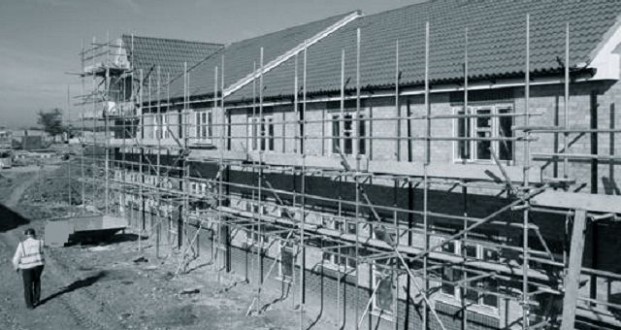It seems to be flavour of the month to be seen to be tough on welfare, with housing benefit being the latest target of politicians. The latest is Labour’s Ed Balls (‘Labour to examine housing benefit’), but he is just the latest in a line of politicians from all sides to do so.
There is clearly a problem with housing benefit, costing, as it does, £95 billion over the four years of the government’s spending cycle. This compares to just £4.5 billion being spent on new affordable homes in the same period.
I recall that, in the 1980s, that ratio was 80% invested in new affordable homes with just 20% on housing benefit.
But it is not the so-called feckless unemployed claimant who is responsible. 92% of new claims for housing benefit, according to the DWP, come from people in work. Housing benefit has become, as some people say, a public subsidy for some employers, allowing them to pay low wages.
The cost is spiralling. Bill Randall, the chair of Housing at Brighton and Hove City Council tweeted last week: “Research shows private sector rents up by more than 20% in Brighton and Hove this year. If true more evidence that rent control needed in sector.” Two years ago the 30% centile for a typical one bed room flat in the City was just below £130 per week. Today the 30th centile is £150 (equivalent to the 50th centile in 2011).
Being tough on benefits might play well in the short term, but revenue spending to meet need, rather than capital investment in new homes, will ultimately always be more expensive.
The knock on effects to the economy of the lack of affordable homes has been known for many years, and David Orr, Chief Executive of the National Housing Federation, has written a very compelling blog (as always) on why employers need to say yes to new, affordable homes.
Courtesy of Andy Winter at Andy Winter’s BHT Blog

Comments
No responses to “Attacking housing benefit is not the answer, investing in new, affordable homes is”